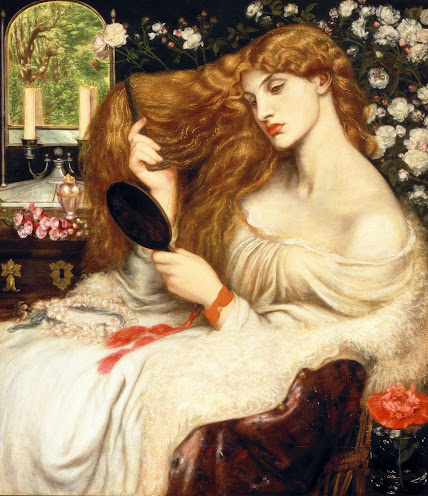A Master-class with Hope Street Writer in Residence, Thomas Glave: How Anglophilia conceals Britain’s bloody past
On Tuesday 9th March 2020, Dr Lucienne Loh hosted an online masterclass with gifted writer, Professor Thomas Glave, focusing primarily on Glave’s essay, ‘The Blood People Redux: just a few short notes on memory.’ The essay is a searing, honest exploration of the silence maintained by British institutions when it comes to discussions of colonial history. The class began with a summary from Professor Glave about the inspiration behind the essay. He explained that it was written during his time as a Visiting Fellow at Clare Hall, Cambridge University. Whilst there, he observed that certain issues, namely those which centred on racialised realities, were met with discomfort and disengagement by fellow intellectuals. ‘2012, the year I was there, the British high court was hearing cases about the atrocities perpetrated against the Mau Mau by the British colonial regime - the awful tortures of these people, some executed by colonial authorities,’ he explained. ‘The documentation [of these atrocities] had been locked away for years - with the Queen’s knowledge, of course. Finally, this material was being made public and these people were actually going to court and talking about it. It seemed as though whenever I brought this up in a very polite, calm way at dinner, people became very uncomfortable, other Fellows. I began to realise there was a way in which people wanted to maintain a kind of silence and they were very discomforted by my bringing up these racialised topics.’ Defying such silence, Glave sat down to write ‘The Blood People Redux’, the final essay in his book ‘Among the Blood People: Politics and the Flesh.’
The book’s title was born from reflection on family blood-lines, but
also the dark undertone of blood-shed that often accompanies ancestral
histories. ‘I learnt that I had white ancestors, coming from Yorkshire going
back to the 17th century. We found
the graves of some of these ancestors who went to Jamaica in the 19th century, like my
great-great-grandfather, a blood relative; I carry his DNA in my veins.
This, to me, was a literal embodiment of history, colonialism and connections to
slavery and so I was beginning to make connections between all these episodes
of violence, between the idea of blood-people and of blood-shed.’ These
inextricably woven aspects of colonial legacy emphasise the personal effects of
such historical decimation. Recognising them creates a locus for such violence
within the human body itself and individualises the inherited trauma and grief
that persists through generations.
To read more, please visit: Search - Search - University of Liverpool




Comments
Post a Comment